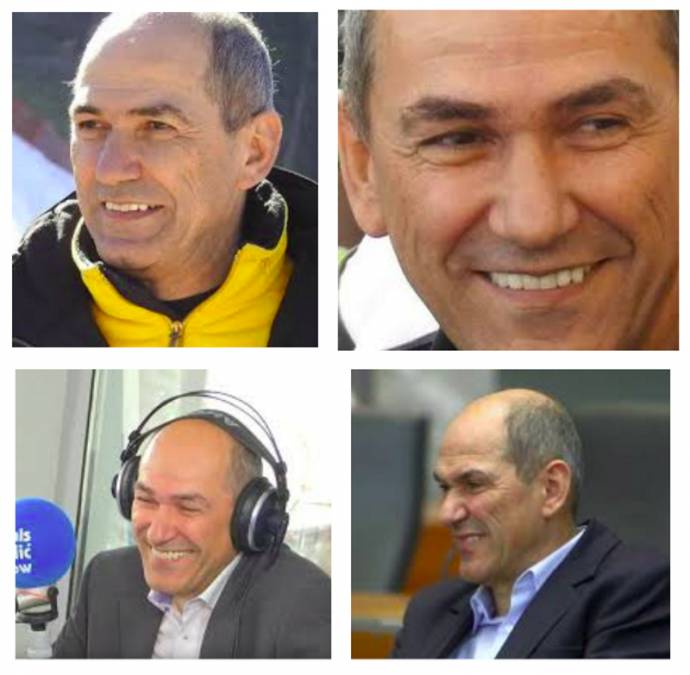The decision was made after Pahor hosted Janša for talks on Thursday, a week and a half before the expiry of the 30-day period during which he is the only person allowed by law to nominate the prime minister-designate.
The majority of the parties have so far rejected the notion of a coalition with the SDS because of its radical stance, in particular on migrations, but Pahor said Janša deserved to get a shot nevertheless.
Janša wants to change the electoral system. Why?
Pahor acknowledged Janša does not have a majority guaranteed yet, which is why he has been given until next Thursday to decide whether to accept the nomination.
Pahor also advised all parties to respond to the invitation for talks with Janša, noting that "a priori rejection of any discussion would be a bad sign for Slovenian politics in general."
"It would be right and useful for everyone that talks are conducted," Pahor said, noting that this was about more than just coalition talks, it was about creating a political atmosphere.
"If the culture of dialogue prevails ... we will be capable of tolerantly seeking crucial solutions to current and future challenges; if not, intolerance and exclusion would prevail, and we do not deserve that."
Pahor said if Janša succeeded in putting together the government, it would mean "mutual assurances about the avoidance of left and right extremes will have been adopted," giving Slovenia a "strong, moderate government that can secure political stability and a safe and secure future."
Janša said his party, which has so far not engaged in coalition talks in an organised way, would send out an invitation to all parliamentary parties today for "organised informal talks" and would wait until Monday to hear back from them.
He said he would only accept the nomination if it turned out there are prospective partners that could secure a strong majority in parliament and have similar views concerning the future of the country.
The next government will not just be the executive branch in Slovenia, it will also president the EU council in the second half of 2021, he noted.
While Janša has been critical in the past of coalition talks headed by the runner-up, the Marjan Šarec List (LMŠ), in which the SDS has not participated, he said today the negotiations were useful.
"The appetites of the individual parties have faced political reality - what Slovenia is fiscally capable of," noting that the coming years would be "less generous" in terms of economic growth than the past four years.
Janša also acknowledged that it would not be easy to put together a coalition, as the SDS, with 25 seats in the 90-member legislature, needs at least two more parties to secure a majority.
However, any coalition without the SDS would require at least six parties.
"Every coalition is tough, a coalition of six parties is possible, but as a citizen I do not wish to see this tested in practice," he said.







